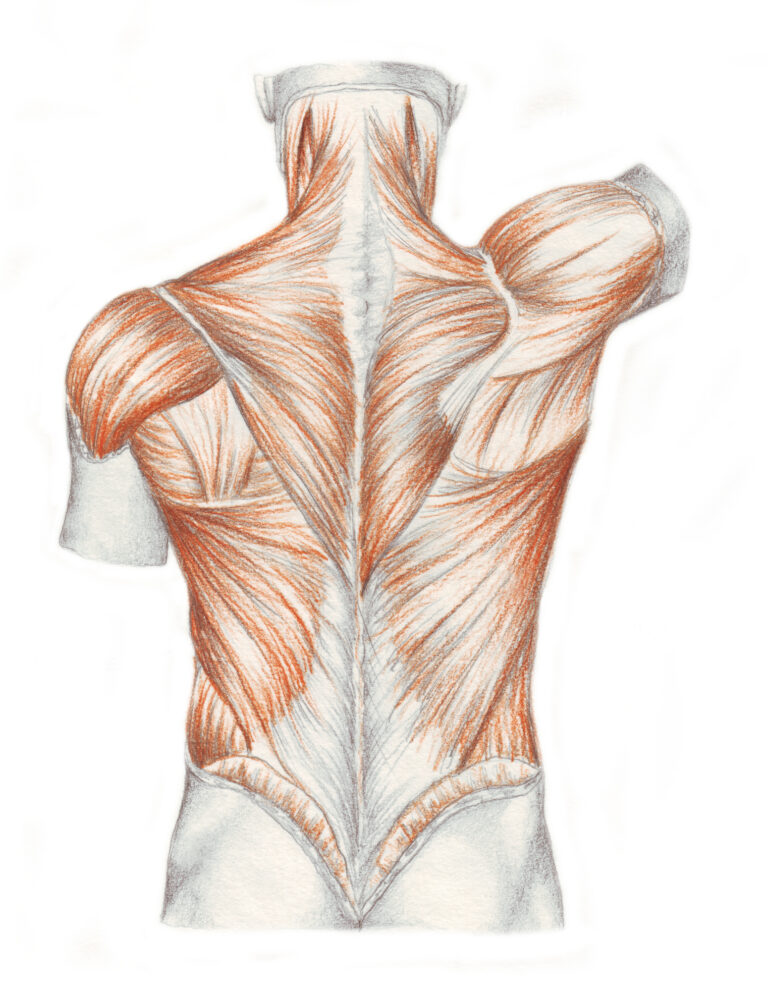If your muscles are stiff, painful, atrophying, or not supporting you during daily activities, take heart – you can restore their health. The more than 600 muscles in your body do everything from make your blood circulate, help you lift things, move around, breathe, talk and even smile.
When muscles don’t do their job, it can be uncomfortable. When the bladder muscles weaken, we “leak”; if the diaphragm weakens, we get a hiatal hernia (which contributes to digestive problems); when we lack tone and muscle strength, we get hernias, muscle tears, and can be more easily injured during activities. Several things contribute to muscle health that can make the difference between a comfortable, healthy life, or one fraught with discomforts and pain.
Exercise gets the most attention, because what you don’t use, you lose. Exercise is essential to keep tone, circulate blood, and improve muscle mass, which assists in keeping weight under control. Each pound of muscle burns between 50-100 calories per day, at rest, so keeping good muscles helps our weight goals.
What often gets ignored is the nutritional influence on muscles. If protein levels are insufficient, the body tends to cannibalize its own muscles to meet protein requirements. When we eat a diet high in carbohydrates, it often replaces quality proteins. Limiting carbohydrates to less than 25% of each meal helps us keep the proper proportions of proteins, as well as vegetables in our meals.
Vegetables help contribute to our mineral needs, and the butter you put on them helps mineral absorption too. Minerals, especially calcium, are crucial to muscle use. The process of muscle contraction is dependent upon calcium. Utilizable calcium is important, as many forms of calcium are difficult to assimilate. Calcium lactate has the greatest absorption rate. Magnesium is also much needed for proper nerve communication to the muscle. I have athletes suck on a calcium lactate tablet every 30 minutes when training and racing. They can’t believe how much better they do! Sodium and potassium are important for “membrane potential” – signals that make the muscles contract.
Essential fatty acids (EFA’s) are critical to muscle health. They assist in the lock of the muscle, which gives greater power to each movement. They provide fuel to the muscle during exercise, and are needed for muscle growth, repair and development. If EFA’s are missing in the diet, it could increase muscle protein breakdown, inflammation and pain (EFA’s are needed to make anti-inflammatory and pain hormones), reduce nerve functioning, calcium and other mineral absorption. EFA’s are essential to the healthy maintenance of blood pressure, immune health, nervous system functioning, cell membrane permeability (transporting nutrients in and out of the cells), and even essential for getting rid of unwanted fats in your body. They are also needed for sports recovery (along with vitamins and minerals).
If you have muscle pain, acupuncture is great! It supports your body’s own mechanism to stop pain and inflammation and has been used for thousands of years because it works!
© 2012 Holly A. Carling, O.M.D., L.Ac., Ph.D.







